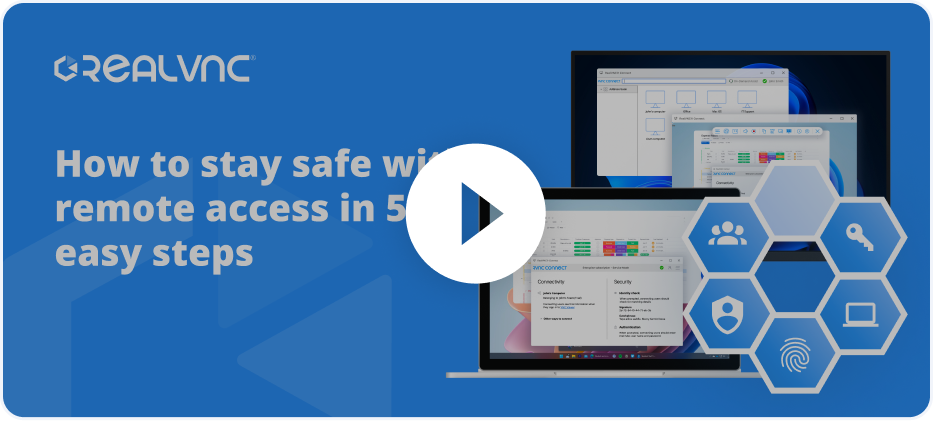For nearly a decade, businesses have joined the “Bring Your own Device” (BYOD) movement, allowing staff to do their work on personal devices and use them as their main interface with their working lives, whether at work, at home or travelling. This helps employers avoid the costs of equipping staff with expensive gizmos while offering workers to easily manage their work, life balance.
Naturally, some companies will question the wisdom of allowing access to sensitive corporate data on wide range of personal devices. IT departments fear losing control of content, software and hardware. This is compounded by justifiable concerns that personal devices might be more easily hacked, lost or simply carried off by employees when they leave the company. In a US survey, some 40% of organisations reported that they have no BYOD policy and 28% said they have no plans to adopt one.
However, there is no denying the omnipresent nature of smartphones in every aspect of our lives. It’s only logical that this extension of our being has also become a tool for working. There is little alternative for most employers but to pursue a BYOD policy – if they don’t, employees may use their own devices anyway but without critical security safeguards that are essential to meet company standards.
Given this reality, most companies will need to create a strategy for personal devices that both addresses the expectations of workers and delivers the security, efficiency and connectivity that businesses demand.
BYOD made its debut back in 2009 and has been gaining traction ever since. Below, we explore some of the reasons why.
It boosts productivity
Mobile employees who stay connected on the road can attend to work related tasks 24/7. An ITProPortal survey concluded that “A BYOD enabled employee works an extra two hours and sends 20 more emails every day.
One out of three BYOD employees checks work emails before the official start of their working day, between 6am and 7am.” BYOD makes work more convenient and comfortable and encourages flexibility, resulting in a more satisfied and productive workforce.
It supports the new workplace culture
The notion that you disconnect as soon as your computer shuts down at 5pm is outdated.
Always-on access is the backbone of the new workplace culture. Hot-desking, working from home, screen sharing, and working on the move all depend on the portability of devices. Work is becoming a thing we do rather than a place we go, which is why being able to choose between multiple devices is so crucial.
Millennials and Generation Z (by 2020, almost 60% of workers will be made up of those two groups), the transformation of work culture will accelerate. This next generation workforce places a greater emphasis on flexibility and collaboration with 74% seeking a flexible work schedule and 88% wanting to ensure a collaborative environment.
A BYOD environment supports this. By allowing workers to use their own devices in order to work where and when they want, businesses create an environment that Millennials will want to work in. This can help with talent attraction and retention as well as creating a happier workforce.
Increased employee satisfaction
The “New Way of Work Study”, commissioned by VMware and conducted by Acorn Marketing & Research Consultants, showed that 61% of respondents said they were happier in their jobs and ultimately more productive when they could use their own devices.
BYOD delivers cost savings
Businesses can save money by supporting BYOD rather than providing company-owned devices. “IT leaders can spend half a million dollars to buy and support 1,000 enterprise-owned tablets, while they can support 2,745 user-owned tablets with that same budget,” says Federica Troni, research director at Gartner.
BYOD is the best way to broaden access while limiting costs, and it’s saving money for IT departments. By cutting the upfront cost of a device, the direct cost of user-owned devices is 64% lower.
Areas your business should address
If employers are thinking of offering a BYOD approach, there are a couple of areas to address when planning it.
Firstly, a thorough BYOD agreement is important to make sure data integrity is taken seriously across the organisation. It’s a good idea to clearly set out what is expected from staff. Questions about what corporate data and programs can be accessed, as well as how, are important to answer. Also, what happens if the device is lost, stolen or hacked?
And following that, you need to decide how to address security concerns. You will want to ensure you have equipped employees with a flexible but secure way to access data and applications on their devices.
If you are uncomfortable with countless local copies of sensitive data scattered about on employees personal devices, perhaps you should look at adopting a controlled way for workers to connect remotely. This could be:
- a cloud environment – access to shared company assets delivered over the Internet
- a remote access software solution – an encrypted connection between a remote device and a device back in the office, which allows access to work resource as if the employee was on the premises
BYOD can help future-proof an organisation, making them attractive employers for the coming generations of digital natives whose devices are as personal as their toothbrushes.
And, when done right, it can deliver happier workers, reduced IT overheads and increased productivity.













